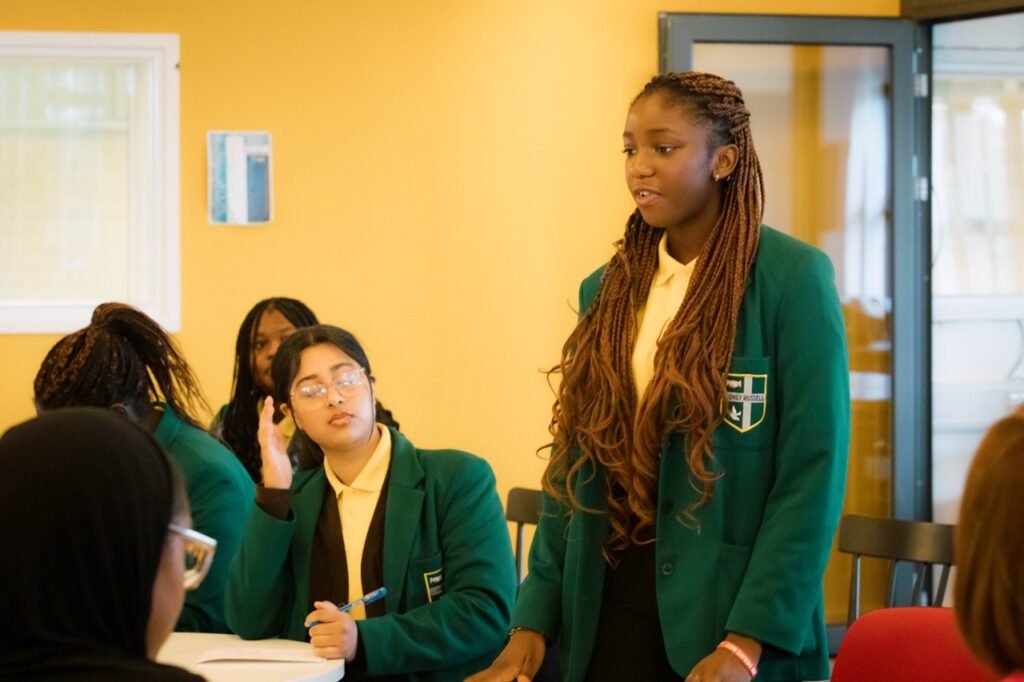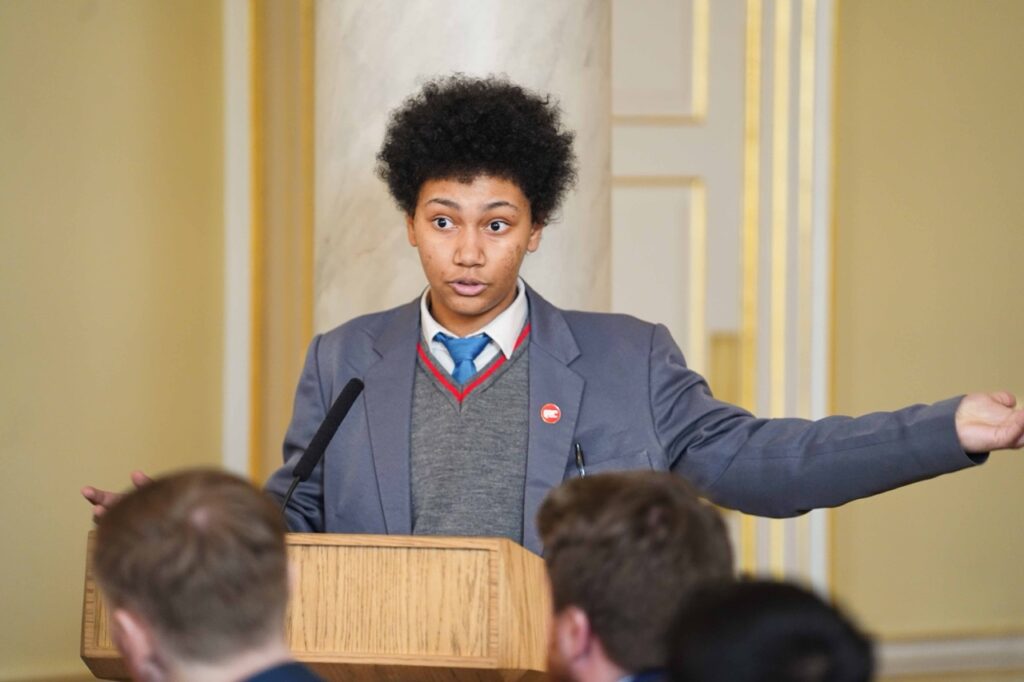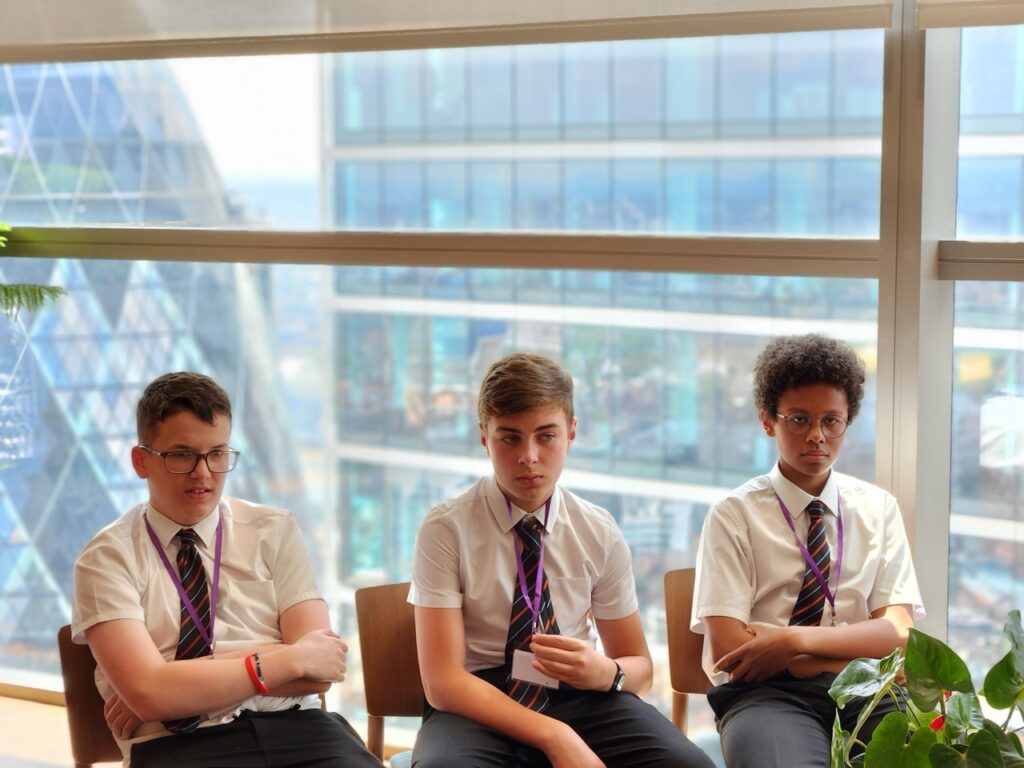The Core Programme
To be eligible for our Core Programme, your school must have above the national average number of students in receipt of Free School Meals over the past six years (FSM6), and be based in one of the following areas: Cardiff, Grimsby, Liverpool, London, Manchester or West Midlands.
How it works
Programme Outline
Programme Launch Event
The programme kicks off with our high-energy launch event which features a showdebate, special guests and prizes.
Programme Starts
First sessions in schools take place the week after the launch, and then consistently run weekly until the Easter Holidays.
Urban Debate League Round 1
Students put new skills to the test in their first competitive debates of the year hosted at after-school at schools in the local area.
Urban Debate League Round 2
The stakes rise – teams refine their strategies and fight for a place at the Grand Finals.
Debate Mate Cup
The programme culminates in a full-day celebration of debating hosted at a local university.
Programme Ends
Clubs wrap up for the year, with students leaving more confident, capable, and connected.
Grand Finals
The finalists of the Urban Debate League and Debate Mate Cup go head-to-head at venues like the Houses of Parliament, and the University of Oxford.
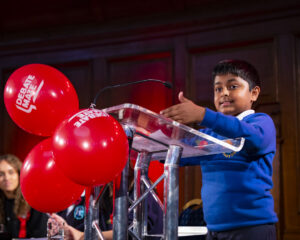
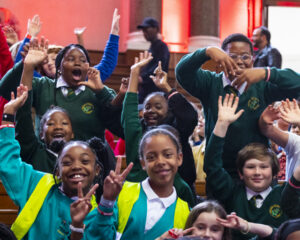
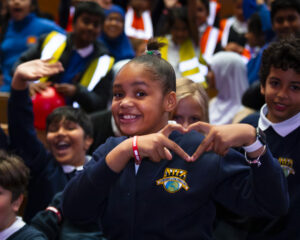
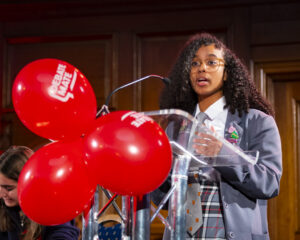
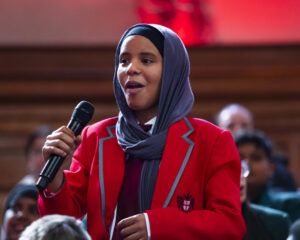
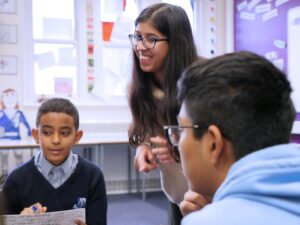
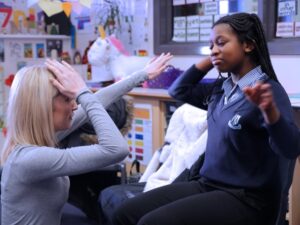

Teaching the skills that matter most
- Confidence
- Clarity
- Critical Thinking
- Listening
- Disagreeing
- Empathy
- Teamwork
- Resilience
- Leadership
- Creative Thinking
- Adaptability
- Research Skills
- Self-Reflection
Students develop their own unique speaking style, with control and composure as the bedrock. They learn to command a room while staying true to themselves.
Our programme helps students organise their thoughts and communicate them clearly and persuasively. They learn to make complex ideas easy to understand.
Students analyse arguments, weigh evidence, and spot flaws in reasoning. They develop the ability to think on their feet and make informed decisions.
Debating teaches active listening – understanding others’ points before responding. This builds respect, focus, and stronger collaboration skills.
We show students how to challenge ideas without attacking people. They practice respectful disagreement, opening the door to constructive dialogue.
By debating from multiple perspectives, students step into others’ shoes and understand experiences different from their own. This fosters compassion and connection.
Students work in pairs and groups to build cases, strategise, and support one another. They learn that great debating is a team effort.
Through wins and losses, students build the grit to persevere. They learn to see setbacks as opportunities to grow and improve.
Students step up to guide discussions, inspire their peers, and take responsibility in debate preperations.
Students learn to think outside the box, crafting original arguments and finding fresh ways to engage an audience.
Debating teaches quick thinking and flexibility, helping students adjust their approach when the unexpected happens.
Students gather, evaluate, and use information effectively to strengthen their arguments. They learn what is a reliable source, and how to effectively gather balanced evidence from different perspectives on a topic.
Student learn to assess their own performance, celebrate strengths, and identify areas for improvement.

